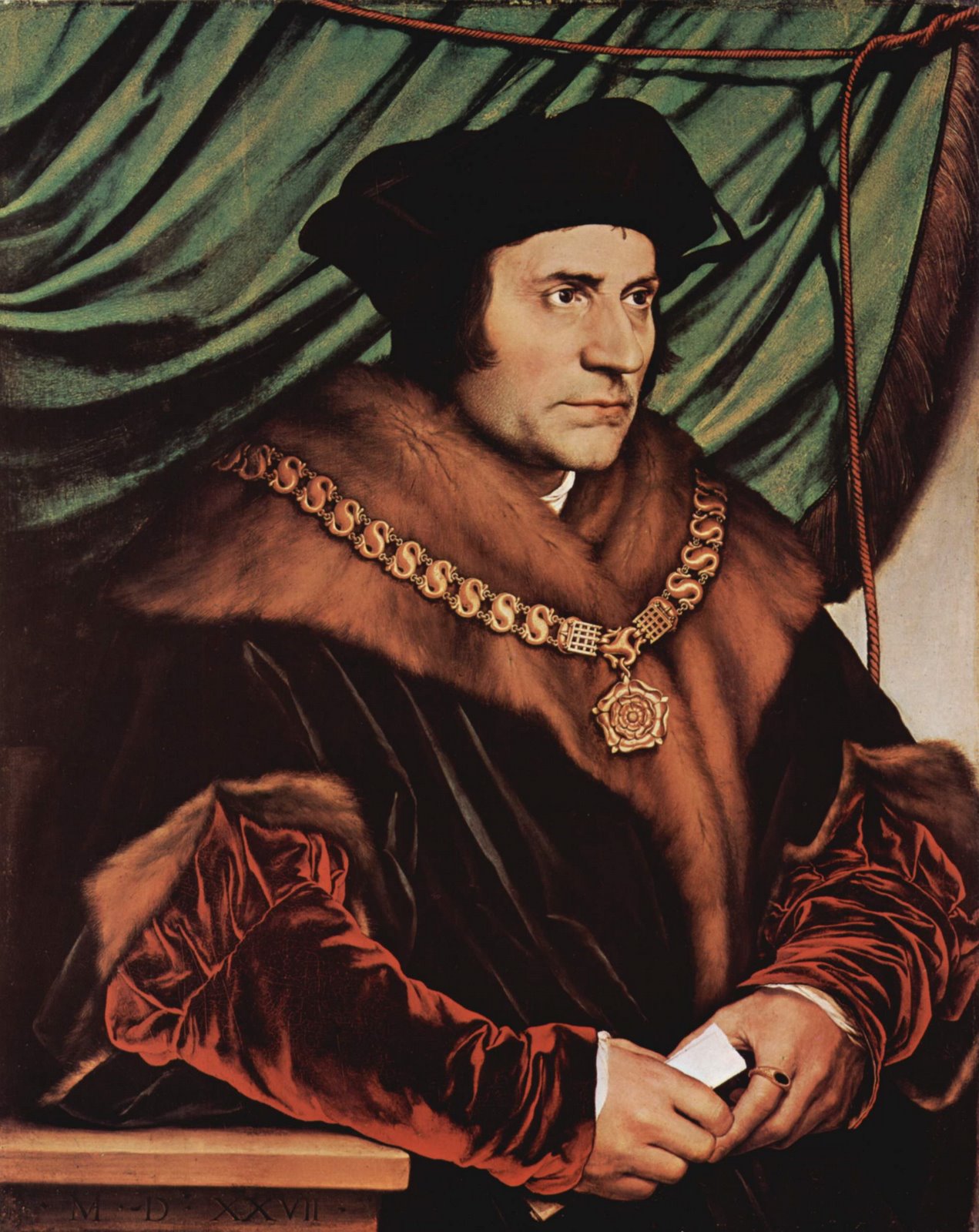One of my favorite G.K. Chesterton essays was published in 1909, and is entitled "How I Found The Superman." It is a wonderful spoof on modernist belief in general and the philosophy of Friedrich Nietzche in particular. Neither modernists (in the general sense of the term), socialists, nor eugenicists are spared Chesterton's biting wit as he manages in a few short paragraphs to expose fatal flaws in many of the modernist stances of his contemporaries. It also shows what foolishness can result from allowing man to be the arbiter of his own truth (which I think was ultimately the point of the essay). It should also not be lost on the reader that Chesterton cites the mental illness of the alleged Superman's parents as being directly linked to the beliefs they choose to embrace. The full text of the essay can be found here, and it is a very short and highly entertaining read. I would advise, however, that you have an online dictionary handy to help out with some of the terminology unless you happen to be British or are familiar with the colloquiallisms of early 20th century England.
As an aside, I have to admit that this essay holds a special place in my heart because it played a key role in preventing me from having to retake a philosophy class my first semester at Franciscan University. It took some time to adjust to viewing things from a philosophical perspective, and my grades suffered accordingly. My paper for the course was the last chance I had to salvage a decent grade from the class. I chose to write about the stark contrasts between Nietzche's concept of the Superman - the very model of the modern eugenicist - and the comic book hero who was the polar opposite of Nietzche's ideal. I used Chesteron's essay to illustrate the irony that arises from the fact that while Nietzche himself lays out objective criteria to define the "Superman," his very opposition to objective truth would make it impossible for him to offer any honest opposition to the notion that the wretched creature in Chesterton's essay could itself be the "Superman." The professor liked the paper enough to pull my grade in the class up to a B, which allowed me to count the class towards my prerequisites for the MA Theology program. End of aside.
In fairness, I should mention that there is a good deal of compelling evidence to suggest that several of Nietzche's later works - such as "The Will to Power" - may have been altered in subtle ways by Nietzche's sister after the onset of his mental illness and may not necessarily reflect the messages that Nietzche himself intended to convey. There is, however, a large body of work from before the onset of Nietzche's illness that attests to his rampant opposition to the moral tenets of Christianity (which he derided as a "slave-morality"), his fierce opposition to the notion that such a thing as objective truth existed, and his disturbing views on the need for the wealthy and powerful to exert their superiority over the rest of mankind for the betterment of the human race (and which is, in large part, the basis for his views on the "Superman"). It is also known that Nietzche was a great admirer and defender of both Thucydides and Niccolo Machiavelli, and believed their pragmatism to be a more ideal model for human morality. The influence of theories of human evolution are also very evident in his writings (though it is not the evolutionary theories of Darwin, but rather those of the late 18th and early 19th century biologist Jean-Baptiste Lamarck, that influenced him), as is Nietzche's own influence on later schools of thought (such as existentialism, the eugenicist tendencies of Margaret Sanger and her ideological progeny, and the rampant amorality of Alfred Kinsey and his ideological progeny).
Speaking of Nietzche, I came across a video on Youtube showing footage from what is either the summer before Nietzche's death or the last few days of his life, which would date the footage as either 1899 or 1900. Nietzche died on August 25, 1900 after an 11 year bout with mental illness. Many plausible theories have arisen that cite physical factors as the cause for his mental breakdown, though there are numerous individuals - myself included - who believe it was at least in part influenced by the psychological ill effects of adhering to his own philosophy.
I found these images to be haunting; but then, I have a tendency to feel a sense of eeriness anytime I look at images from the early days of photography and full motion video. The first motion picture did not come out until 1888 (entitled Roundhay Garden Scene), and though motion film had become a well-known phenomenon by the turn of the century, film footage from 1900 and before is still very rare. Live soundtracks would not appear until the late 1920's, so don't bother trying to adjust the audio settings. These are silent shots from the very early days of motion pictures:
One hopes that, sometime during those torturous 11 years, Nietzche may have found a way to reconcile himself with the God he so brazenly denied and the Christianity he so brazenly assailed for most of his life, as Oscar Wilde reportedly did on his deathbed. Alas, the hearts of the dead are not revealed to us except through their own words, so that shall remain a mystery until the life that is to come. Anyway, I hope my brief dabbling in parody and philosophy has left you with some food for thought. God bless!
In Jesus and Mary,
Gerald
Saturday, April 4, 2009
Subscribe to:
Post Comments (Atom)





No comments:
Post a Comment